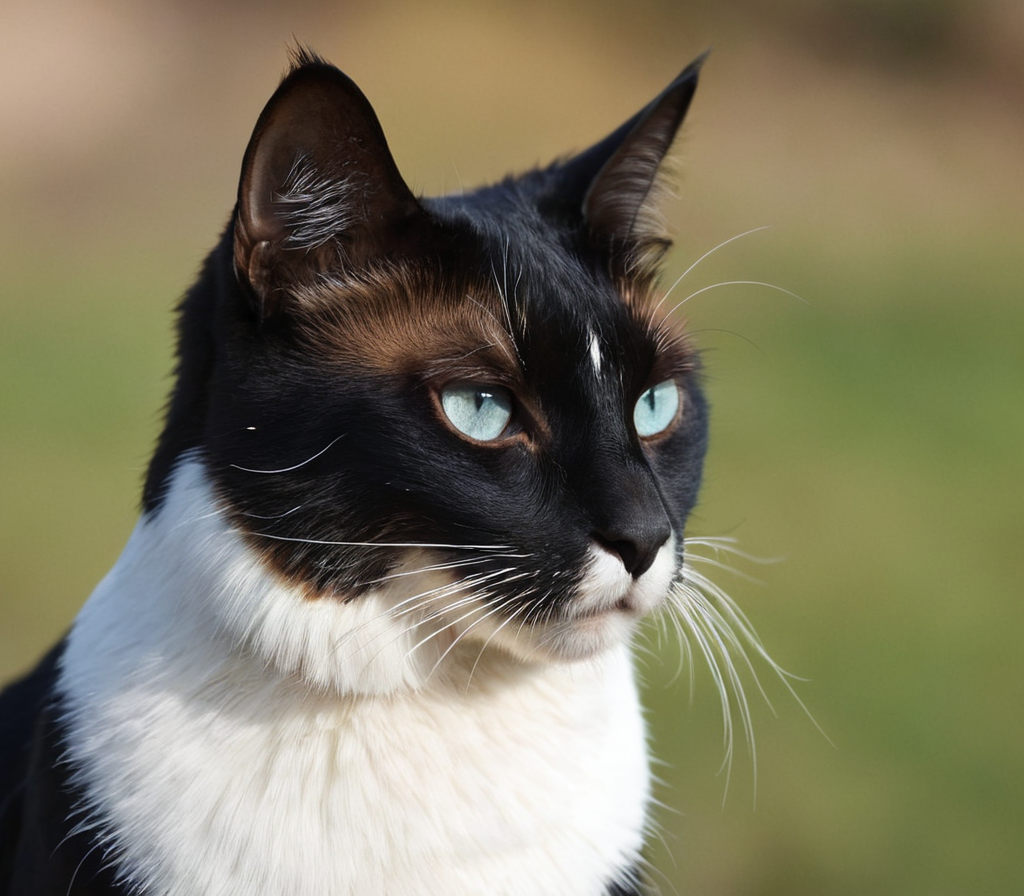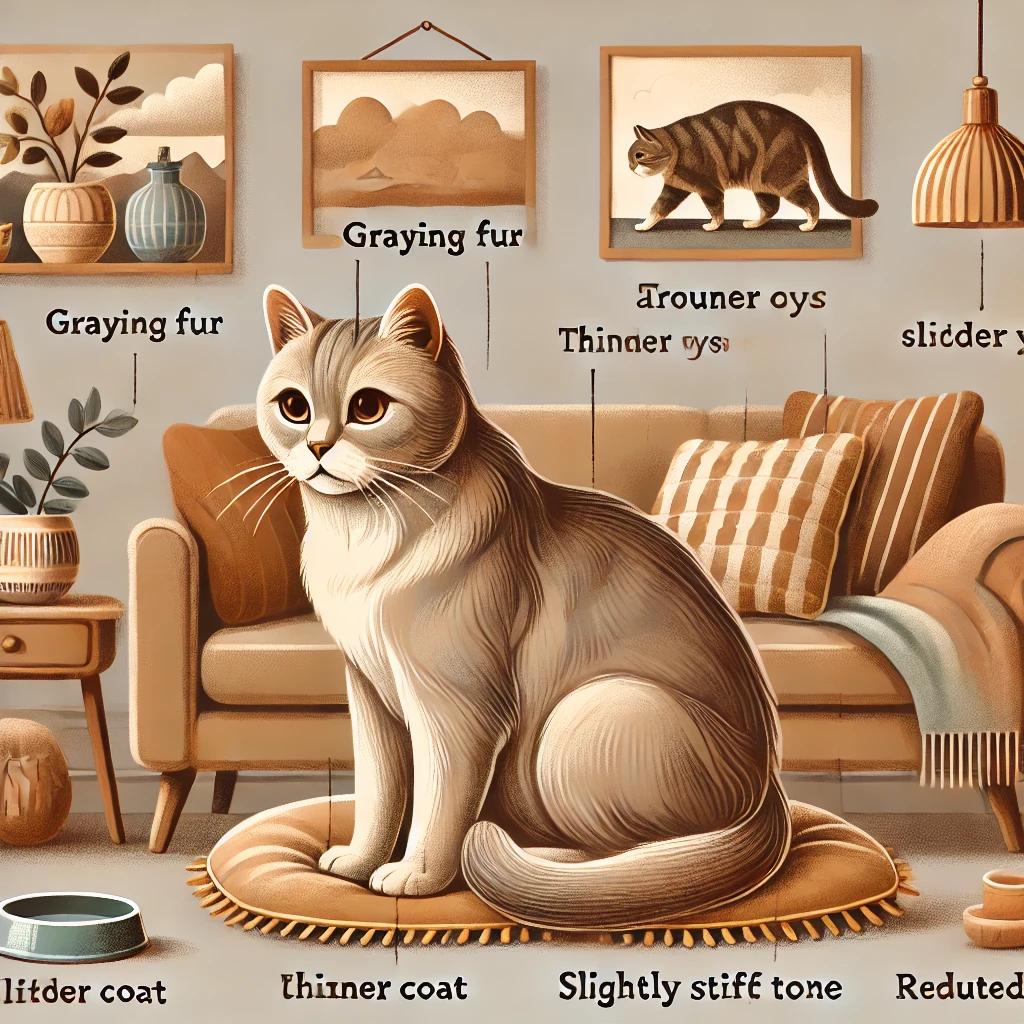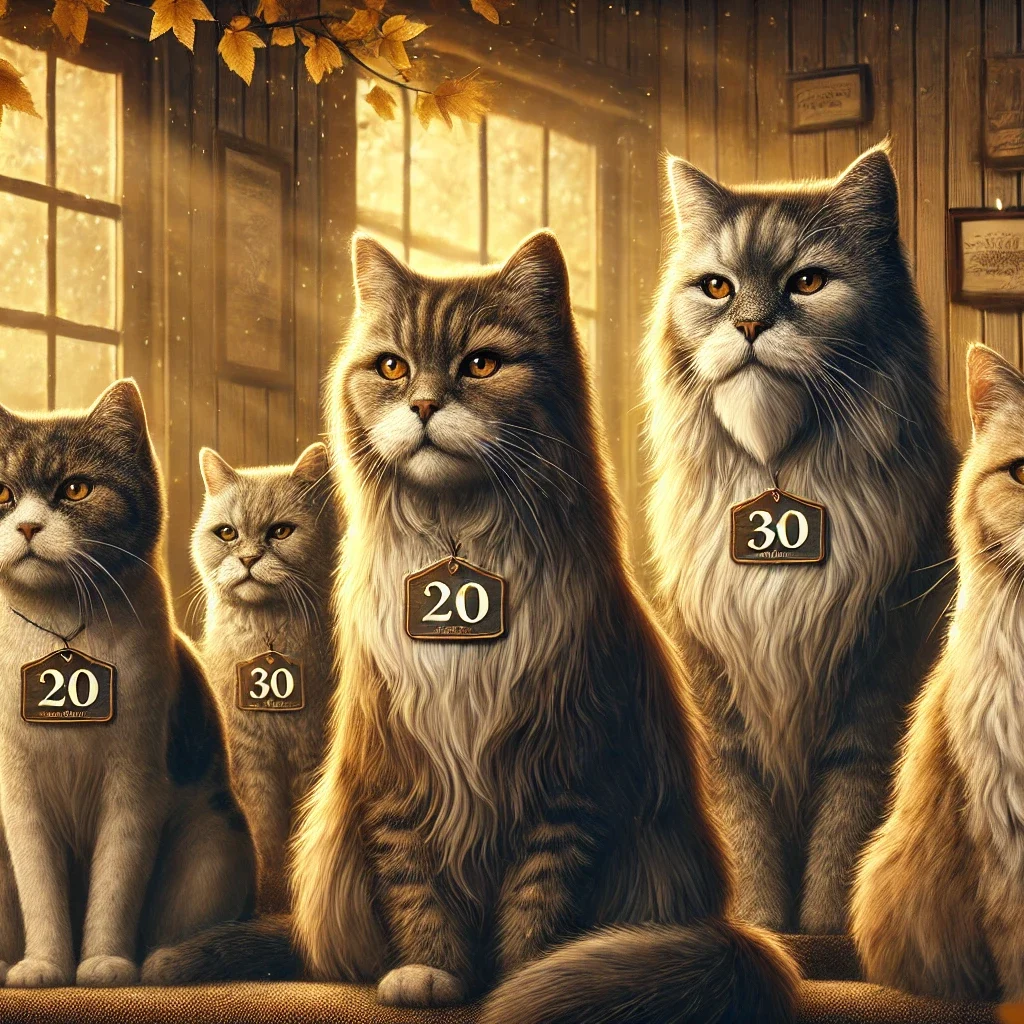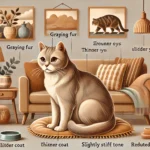Cats have captivated human hearts for centuries, offering companionship, love, and a touch of mystery. Among these beloved animals, some have achieved legendary status by living exceptionally long lives, leaving people awestruck. But what factors contribute to their incredible lifespans? Let’s delve into the lives of the world’s oldest cats and what made them so remarkable.
Table of Contents
Why Do Cats Live Long Lives?
The longevity of a cat depends on a mix of genetics, diet, and environment. While some factors are out of our control, understanding how to provide the best care can significantly extend a cat’s life.
Genetics and Longevity
Like humans, genetics play a major role in how long a cat lives. Certain breeds are predisposed to longer lives, while others may inherit resilience from their lineage.
Importance of Diet and Healthcare
A well-balanced diet rich in proteins, vitamins, and minerals ensures optimal health. Regular vet visits catch potential health issues early, contributing to a longer, healthier life.

Indoor Versus Outdoor Cats
Indoor cats generally live longer due to reduced exposure to dangers like traffic, predators, and diseases. Outdoor cats, while adventurous, face more risks that can shorten their lives.
Records of the Oldest Cats
Creme Puff – The Record Holder
Creme Puff, a domestic tabby from Texas, holds the Guinness World Record for being the oldest cat ever, living an astonishing 38 years and 3 days. Born in 1967, Creme Puff was cared for meticulously by her owner, who fed her a unique diet including bacon and eggs. Her life remains a testament to extraordinary care and genetics.
Baby – The Long-Lived Maine Coon
Maine Coons are known for their majestic appearance and robust health, and Baby exemplified this. Living into her late 30s, Baby’s age was attributed to a nurturing environment and a diet tailored to her needs.
Puss – The First Oldest Cat on Record
Dating back to 1903, Puss, a British tabby, was the first recorded cat to live over 36 years. Her verified age highlights that even early 20th-century care could support a long feline life with the right environment.
Other Honorable Mentions
- Scooter: A Siamese cat who lived 30 years and held the record for the oldest living cat in his time.
- Rubble: A British long-haired cat who reached 31 years, living quietly in Devon, UK.

Factors Influencing Cat Longevity
Breed and Genetics
Breeds like Siamese, Burmese, and Maine Coons are often associated with longer lifespans. However, mixed breeds with diverse genetic pools also tend to live long lives.
Proper Nutrition
Nutrition tailored to a cat’s life stage is essential. High-quality, protein-rich foods help maintain healthy muscles and energy levels.
Quality Veterinary Care

Regular checkups, vaccinations, and parasite control are crucial for catching and preventing illnesses that could shorten a cat’s lifespan.
Environment and Lifestyle
Indoor cats face fewer hazards, while outdoor cats benefit from exercise but at a cost. Striking a balance ensures longevity.
Stress Management
Cats are sensitive to stress, which can lead to health issues. Providing a calm, enriching environment keeps them physically and emotionally healthy.
How to Help Your Cat Live a Long Life
Ensuring a Balanced Diet
Offer a diet filled with protein, healthy fats, and essential nutrients. Avoid harmful foods like chocolate, onions, and excessive treats.
Regular Exercise and Play
Interactive playtime with toys like feather wands or laser pointers keeps cats mentally and physically fit.
Routine Vet Visits
Annual checkups help track a cat’s health and prevent issues before they escalate.
Stress-Free Environments
A peaceful, enriching environment reduces anxiety. Consider safe hiding spots, climbing trees, or cozy bedding to make your cat feel secure.
Common Misconceptions About Cat Longevity
- Indoor vs. Outdoor Cats: While indoor cats generally live longer, outdoor cats with safe environments can also thrive.
- Breed Guarantees: No breed guarantees longevity, though genetics can help. Proper care matters most.

Lessons from the Oldest Cats
The common thread among long-lived cats is excellent care, a stress-free life, and loving owners who went the extra mile. They show us that with dedication, any cat can live a fulfilling life.
Conclusion
The stories of the world’s oldest cats inspire us to treasure every moment with our furry companions. While genetics play a role, creating a loving, healthy environment is key. With proper care and attention, who knows? Your cat might just make history one day!
FAQs
- What is the oldest recorded cat age?
Creme Puff holds the record at 38 years and 3 days. - Can any breed of cat live exceptionally long?
Yes, though breeds like Siamese and Maine Coons are often associated with longevity. - How can I help my outdoor cat live longer?
Ensure they have a safe environment, balanced diet, and regular vet care. - What role does stress play in a cat’s lifespan?
Stress can lead to health issues. A calm, enriching environment promotes longevity. - Are there supplements to boost cat longevity?
Certain supplements like omega-3 fatty acids can support health, but consult your vet first.



